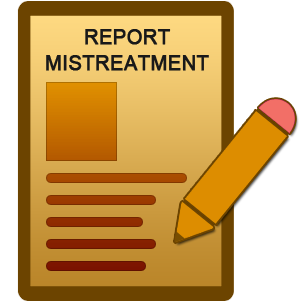We know that confidentiality is a major concern that often dissuades students from submitting reports. While we cannot accept anonymous reports, we are taking every step to ensure confidentiality:
- allowing only the Chair and the assigned committee member to see the identifying information
- creating a transparent process for those who submit
- allowing the submitter to direct any follow-up (including delayed follow-up to protect confidentiality)
- having procedures to ensure that committee members with conflicts of interest or close relationships with students recuse themselves or are otherwise not involved with relevant cases.
In certain circumstances, the committee is obligated to forward reports to other university or government offices. For example, if sexual assault or other sexual misconduct is reported, the committee is legally required to report the allegations to the university’s Office of Institutional Equity. As another example, if child abuse is reported, the Office is legally required to report the allegations to the State of Maryland.

